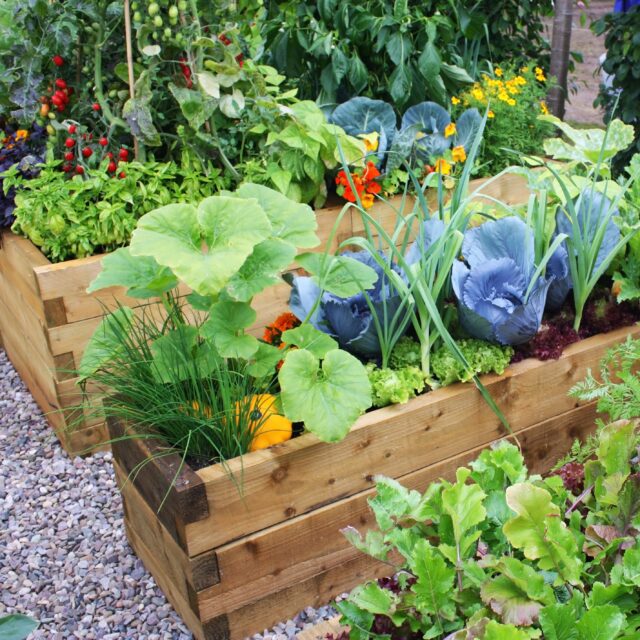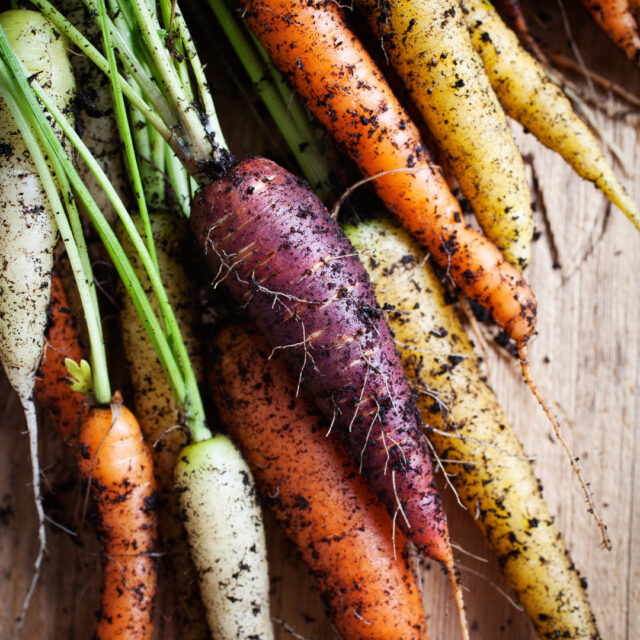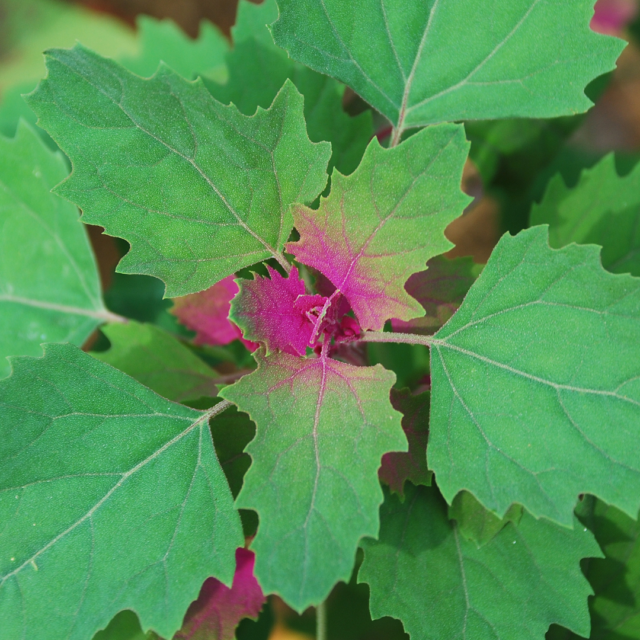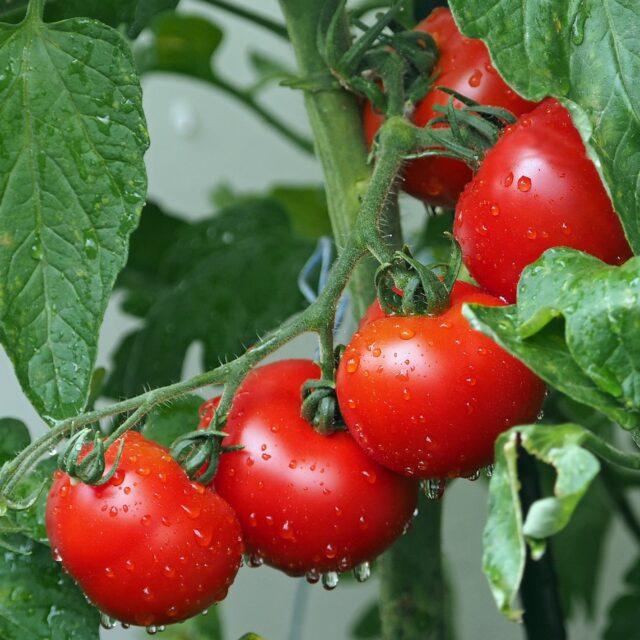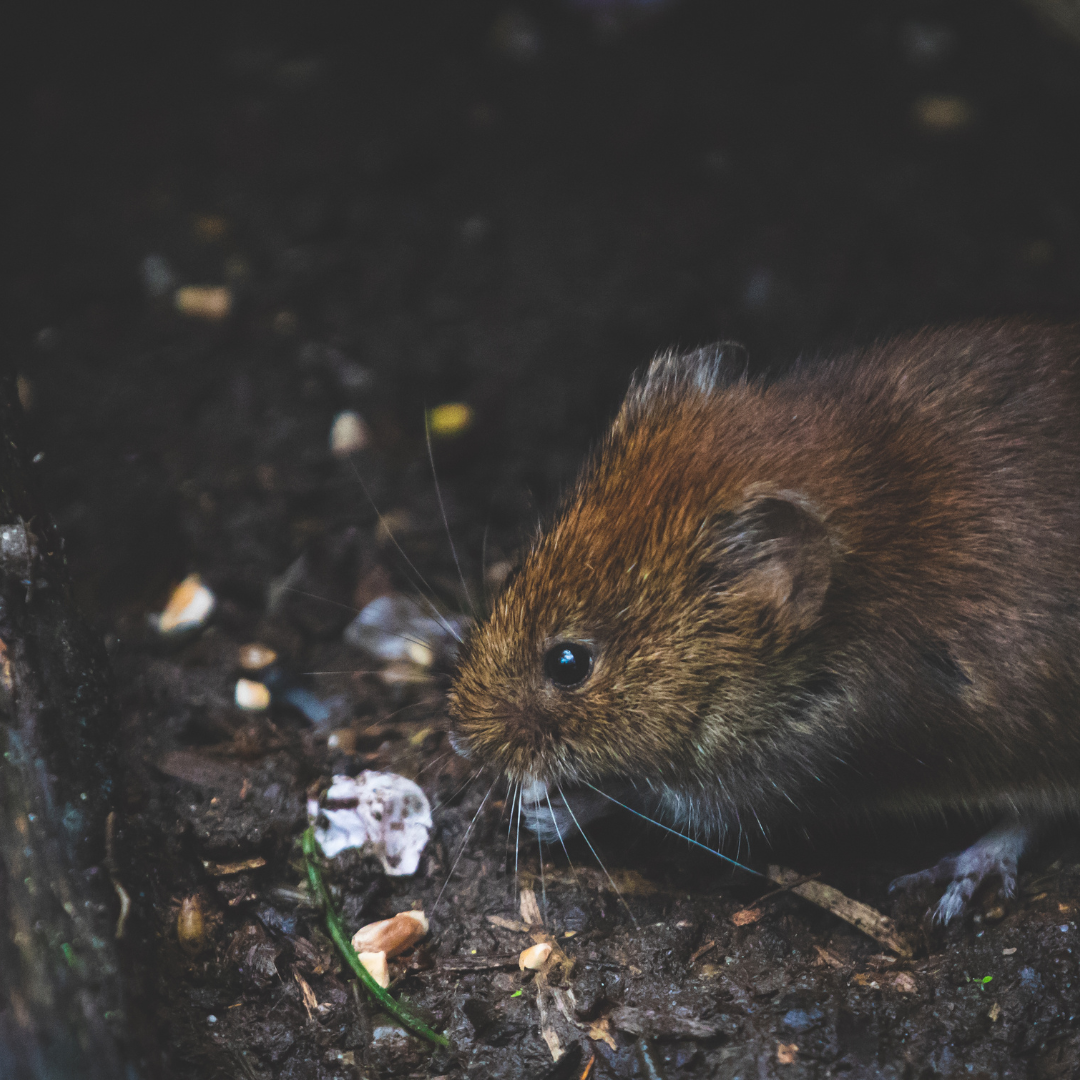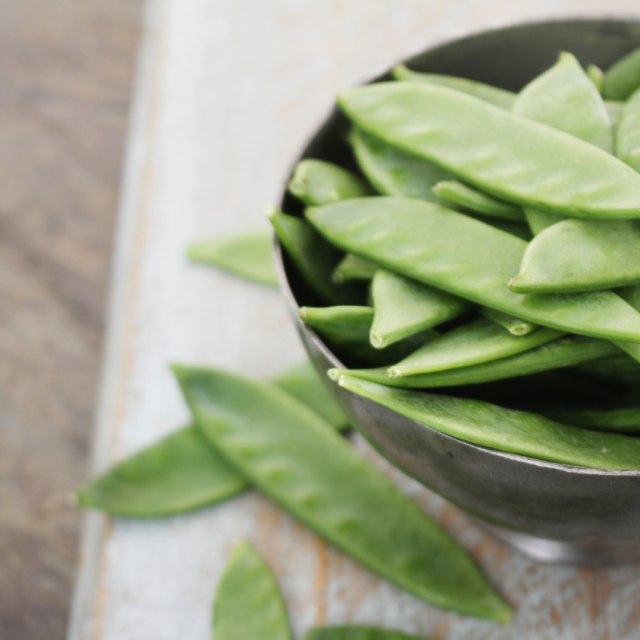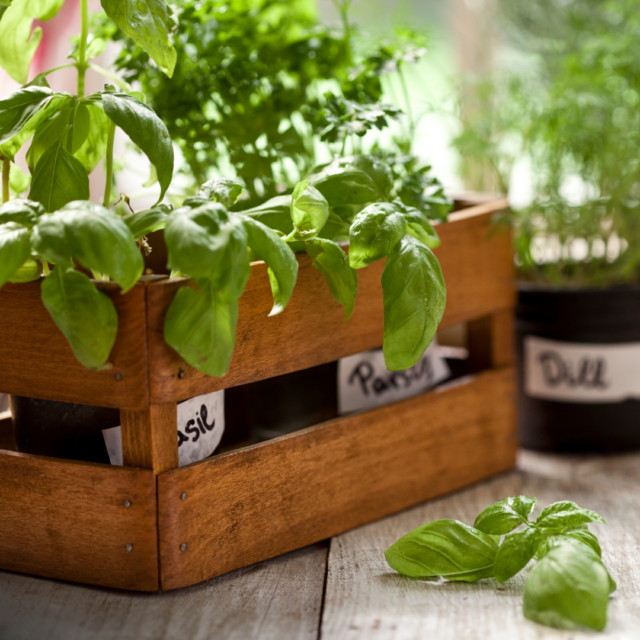Whilst the temperature outside is low, winter pests like to make use of our habitat to keep full and warm. Mice, rats, and squirrels (cute as they might be) are some of the most common pests at this time of year. This month, we will take a closer look at a frequent visitor, the rat.
Being mostly nocturnal, rats might be hard to spot, but there are a few tell-tale signs to look out for. You may spot their tunnels alongside walls, fences, or buildings which can be up to 10cm wide. You might also notice their droppings, gnawed wood (especially where food is stored), or teeth marks in crops.
Just like all of us, rats need food, water, and shelter to survive. Removing at least one of these resources from your garden or allotment, you are making the rat real-estate market an unattractive one, and so they are less like to want to settle down in your neighbourhood.
Rats love grain and may be attracted to your garden by the fallen food from your bird feeder. Take a break from feeding birds if you suspect rats are visiting your garden, or think of alternative solutions that might reduce the amount of food dropped to the ground. Store bird and other animal food in secure containers.
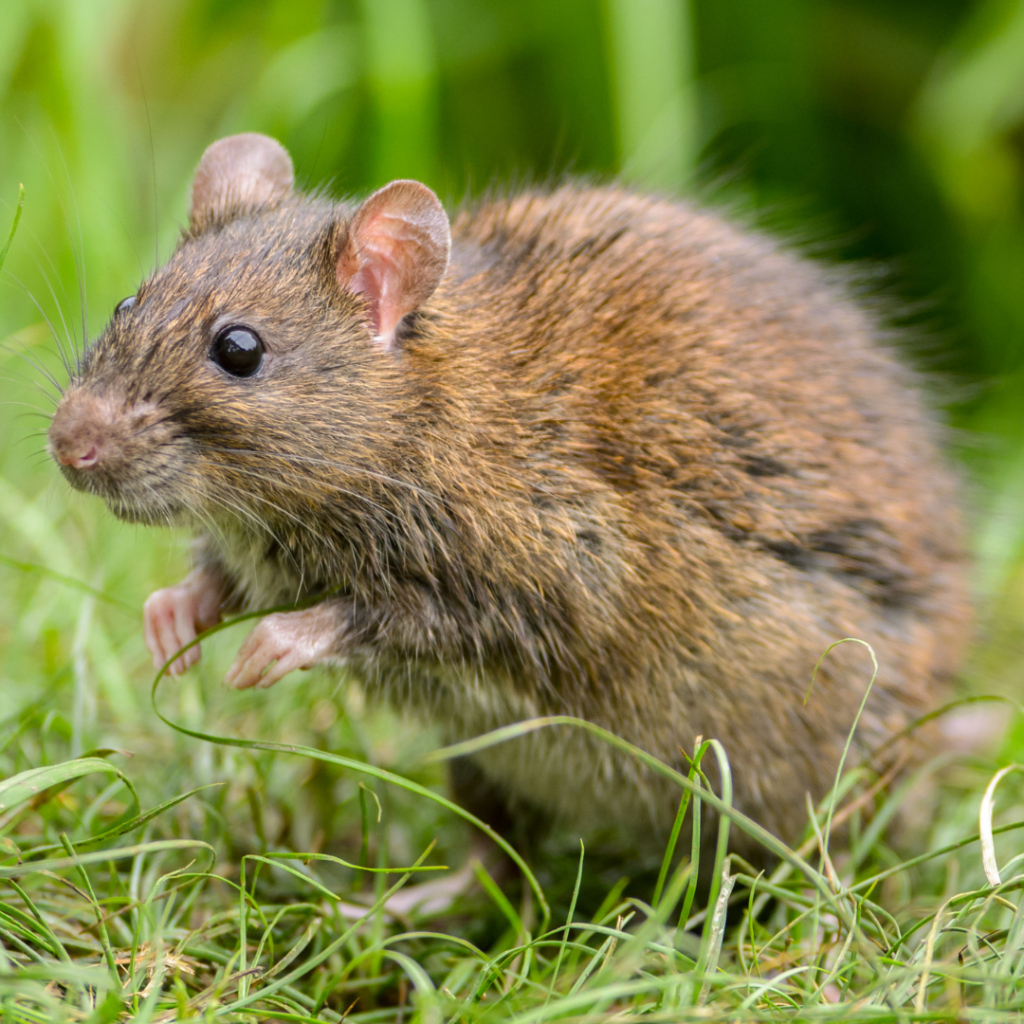
Tidy gardens are less likely to attract rats as they provide less coverage. We can all need an excuse to get out and give it a tidy ey! Keep grass short, clear cluttered storage areas, remove rubbish, and reduce overgrown areas, especially near fences or garden buildings.
Rats are ‘neo-phobic’, which means they have a fear of new things. They don’t like disruption to their territory, so place obstacles in their tunnels and move things around in the garden frequently. Block any holes in the walls, floors, and doors of your garden buildings securely.
Make your compost uninviting – don’t add food scraps and keep it moist by including plenty of green and brown materials. Watering the heap regularly can also help. Fixing chicken wire around the base of the bin is a good idea, as it prevents rats from being able to dig into the bin. Turn the heap regularly but bear in mind that other wildlife uses compost heaps too. If rats have made a home in your bin, don’t use the compost on edible crops.
Lastly, rats can’t survive without water. While it would be difficult to remove garden ponds or bird baths, removing other sources of water, including dripping taps, can help deter rats.

